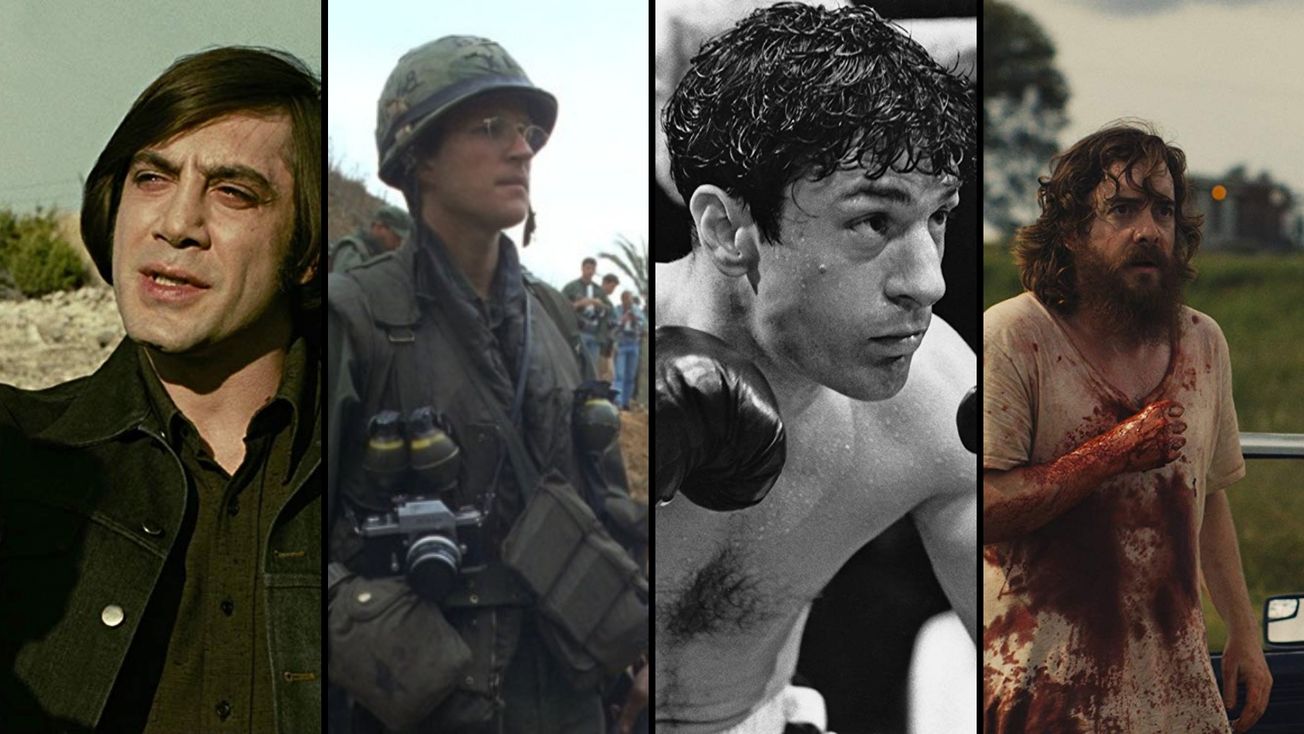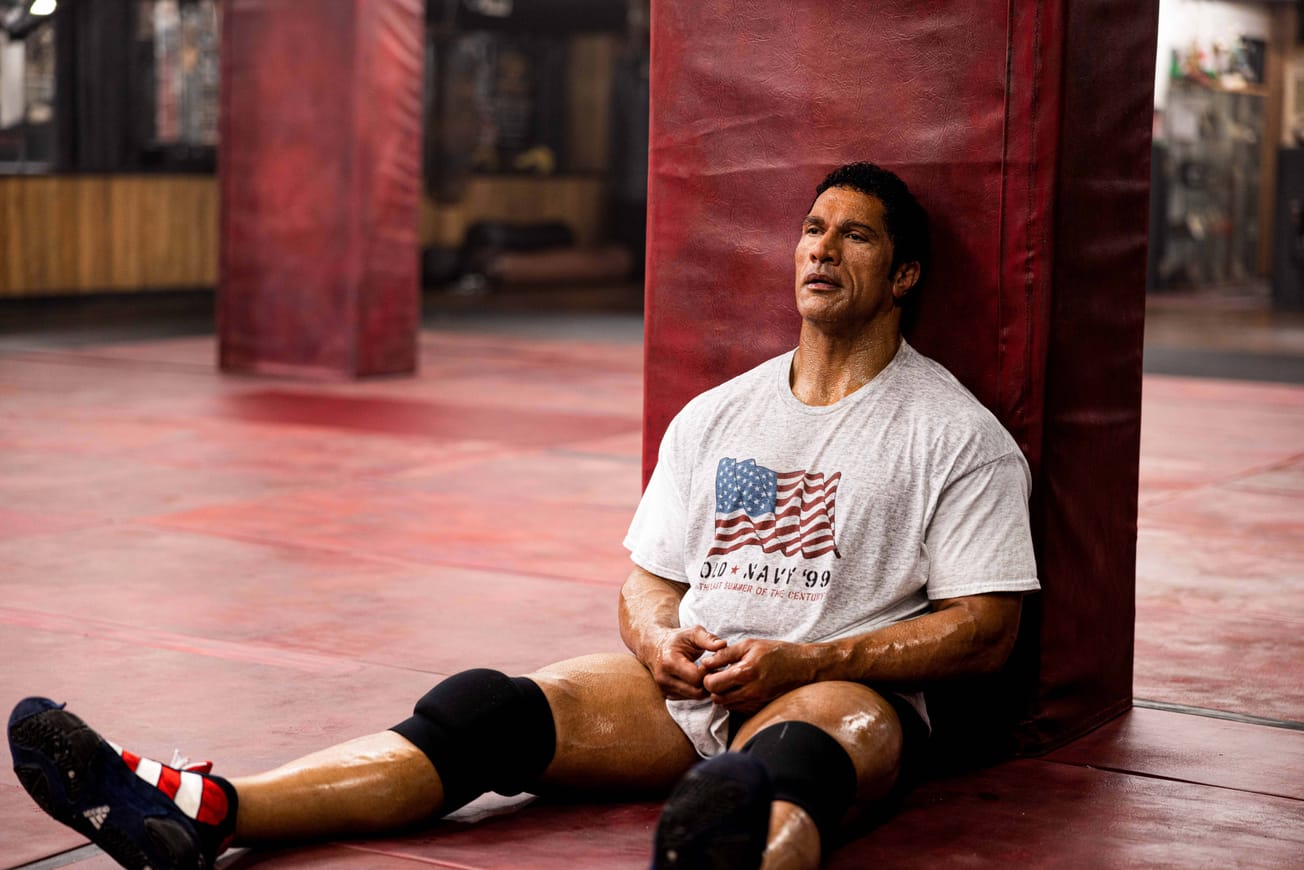As part of our Violence in Film series, the Epigram Film & TV editors have each picked a film that they believe uses violence effectively and memorably.
No Country for Old Men, 2008
Dir: Joel & Ethan Coen
Chosen by Patrick Sullivan, Film & TV Editor
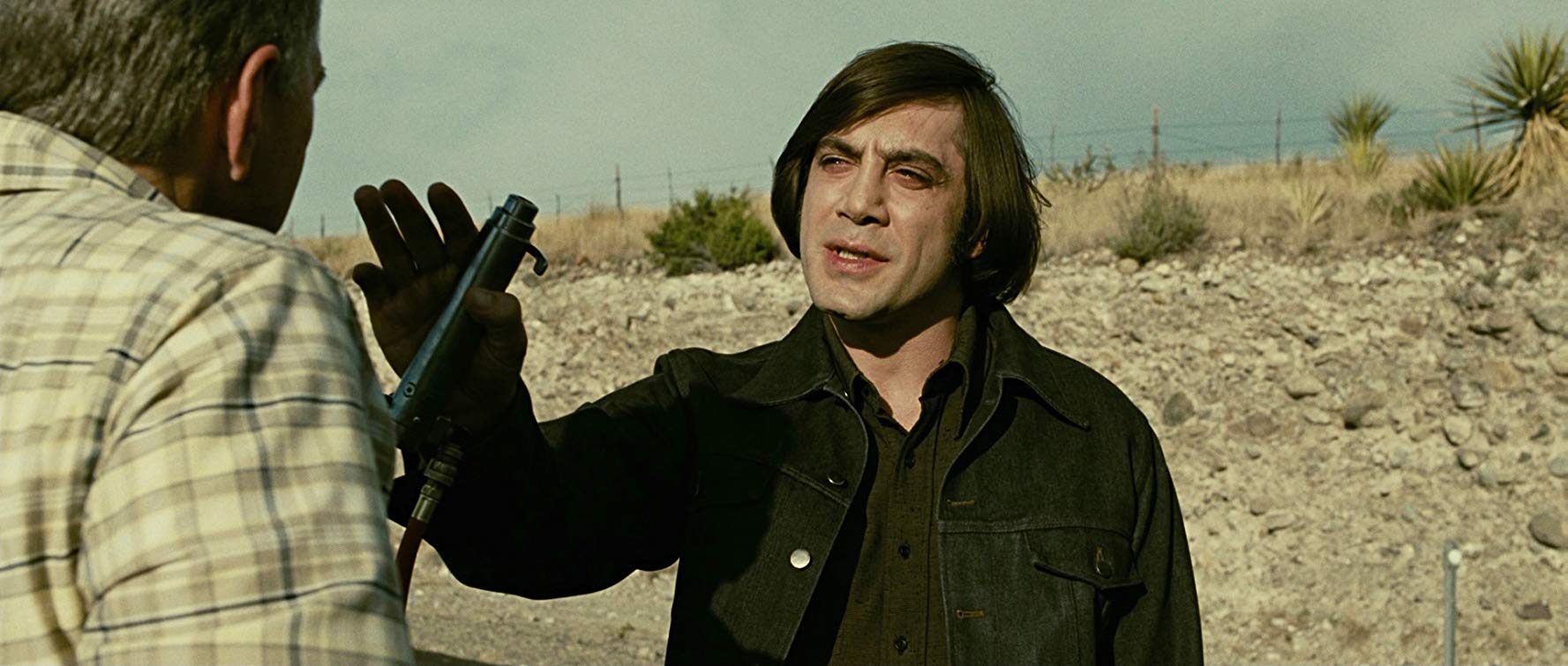
IMDb / Miramax
A behemoth at the 2008 Academy Awards, winning four major prizes, the Coen brothers’ film is a tense Western based in the desolate US country. However, it has a idiosyncratic sense of humour led by Javier Bardem as the sociopathic assassin, Anton Chigurh. The violence here is no free for all and is built up to sharp, distressing sequences. The settings of sparse landscapes and motels isolate the moments and there is no slick, choreographed glorification. From the moment Llewelyn Moss (Josh Brolin) stumbles upon a heap of cash left from a drug deal escalated into a shootout to when policeman Bell (Tommy Lee Jones) sees the chaos he tries so hard to prevent ensue, the dark world of this primal violence is prevalent - the reluctance, the impacts on family, and the physical ramifications of injury dutifully shown.
Full Metal Jacket, 1987
Dir: Stanley Kubrick
Chosen by Luke Silverman, Deputy Film & TV Editor
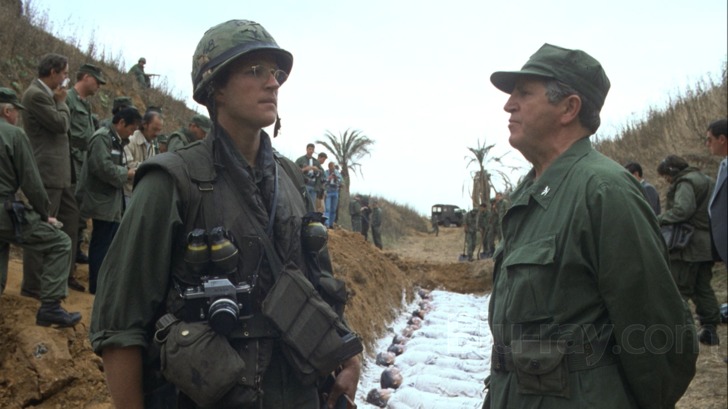
IMDb / Warner Bros
Stanley Kubrick’s standout film about the Vietnam War, Full Metal Jacket, is a feat of violence, but ungratuitous in its bloodshed. In fact, the entire first half is almost without any gore at all. The film excels because instead of physical violence, the focus is psychological, a rarely depicted aspect in action films. Private Pyle, played by Vincent D’Onofrio, is a clear example of this. Where we normally see the gung-ho, all-American soldier fight without any consequence, Pyle is presented as a man damaged by the process and eventually has a mental breakdown. When the second half arrives, we are treated to intense, well thought out action sequences that only serve to increase the psychological violence, not diminish it. It is, without doubt, one of the great action films with very little action in it.
Raging Bull, 1980
Dir: Martin Scorsese
Chosen by James Turnbull, Online Film & TV Editor
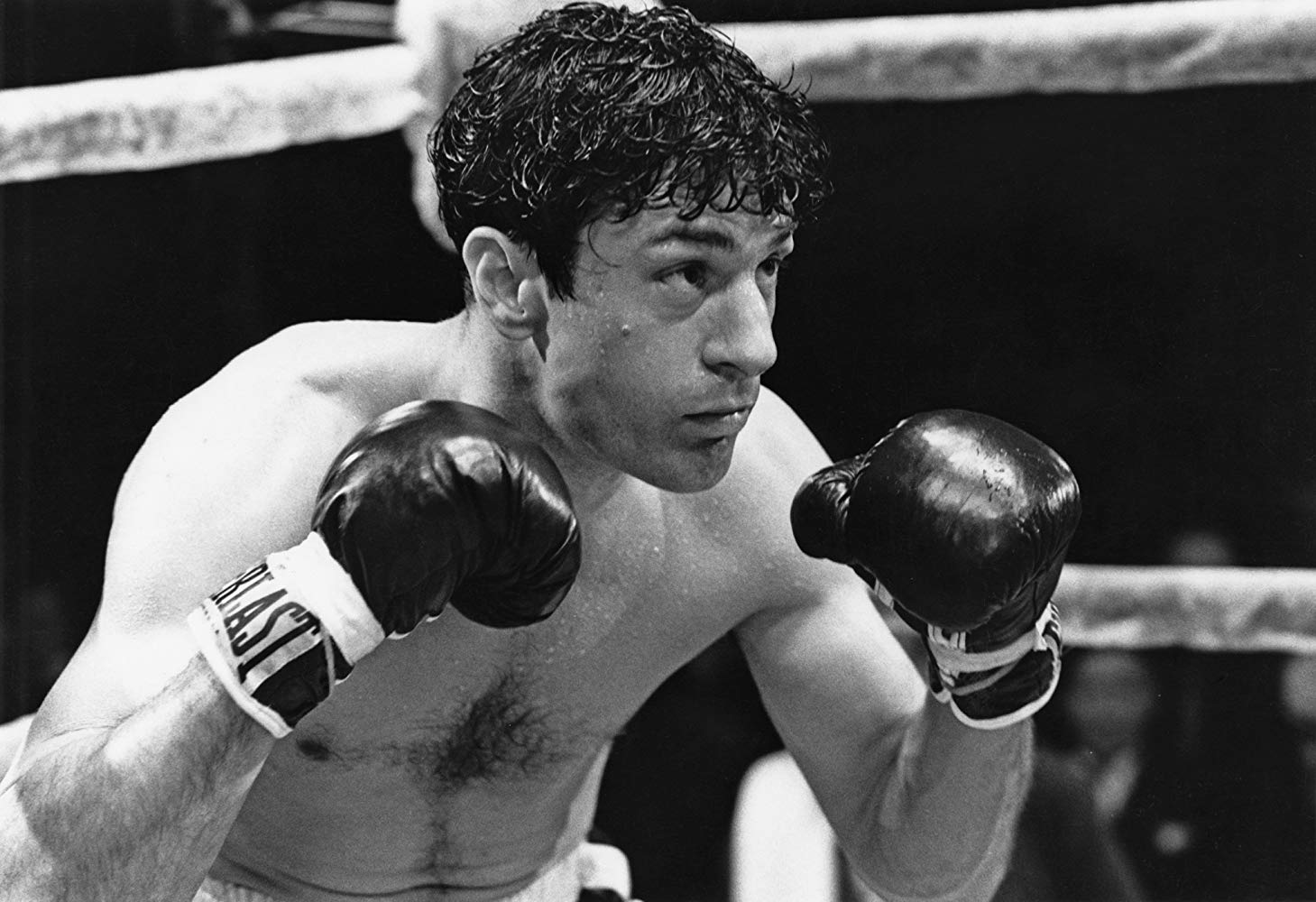
IMDb / United Artists
A boxing film might seem like a rather unoriginal recommendation for our ‘Violence in Film’ issue, but Martin Scorsese’s masterpiece Raging Bull is simply too good in too many ways not to mention here. Lambasted by some critics in its day for its violent content, it charts the rise and fall of self-destructive middleweight boxer Jake LaMotta (Robert De Niro) in grisly fashion. Each moment in the ring is visceral and exhausting - no doubt thanks to Scorsese’s decision to eschew a typical ‘ringside’ perspective and so often place the camera in the ring with the fighters. But it’s the editing - at once vicious but surgically precise - that truly makes Raging Bull so memorably bruising. As editor Thelma Schoonmaker said of Scorsese’s films: ‘Ah, but they aren’t violent until I’ve edited them.’
Blue Ruin, 2013
Dir: Jeremy Saulnier
Chosen by Miles Jackson, Deputy Online Film & TV Editor
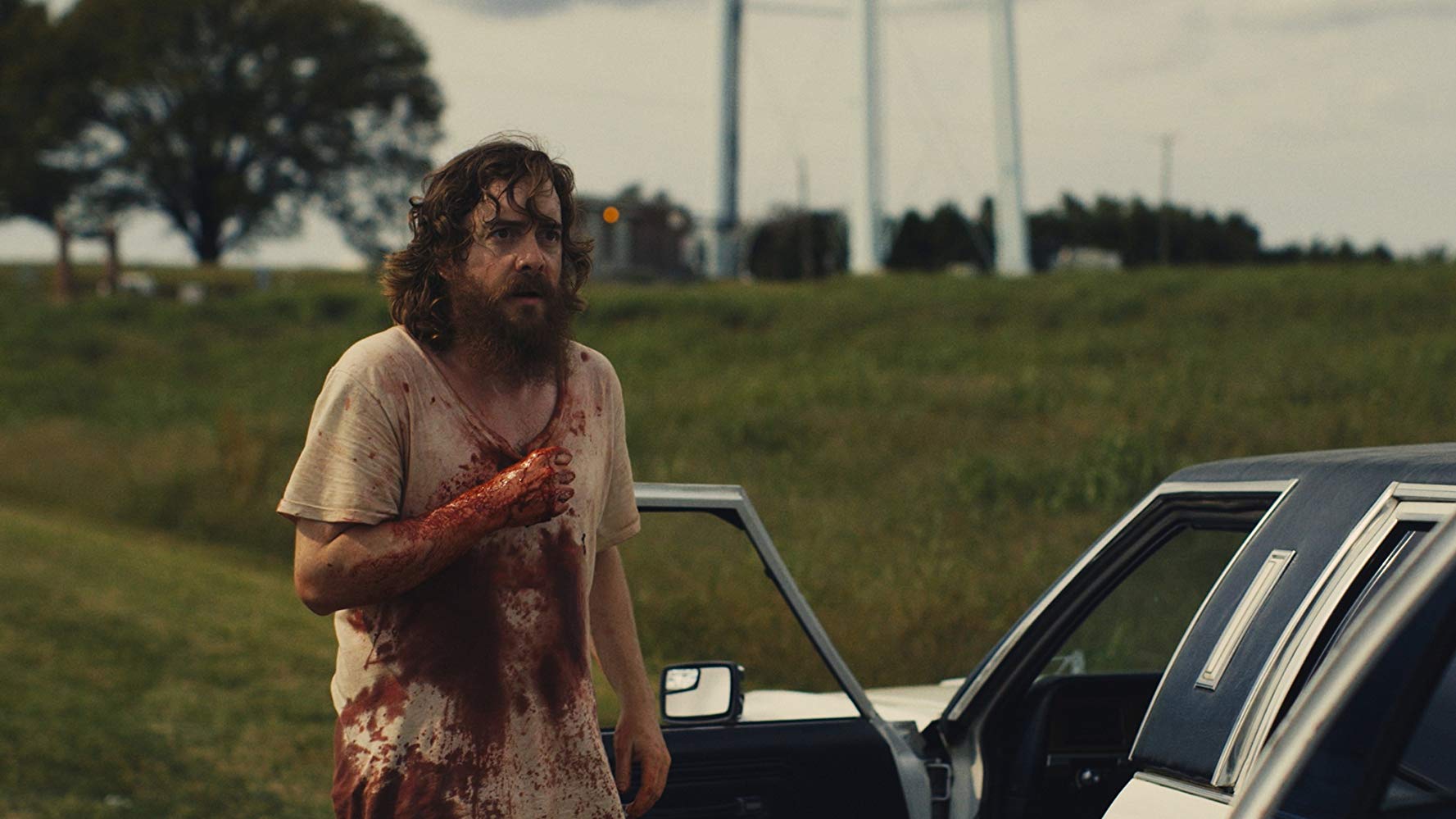
IMDb / Sundance / Picturehouse
Filmed on a shoestring using funding from Kickstarter, Jeremy Saulnier’s breakout Blue Ruin is a lean, mean little thriller that actively engages with the real-life consequences of violence to utterly gripping effect. Turning the revenge thriller on its head, the film focuses on Dwight - a homeless vagrant in the backwoods of Virginia hellbent on avenging the death of his parents and given a golden opportunity when their killer is released from prison. The only problem is his utter ineptitude; in an inversion of the ‘tough guy’ anti-hero figure, Dwight is clumsy, misguided and sometimes downright idiotic in his quest for vengeance. Shockingly beautiful, painful to watch and fundamentally an absolute thrillride, Blue Ruin belies its miniscule scale by creating a brutal exemplification of the banality of revenge.
Collage via Canva
Featured Image Credits: IMDb / Miramax, IMDb / Warner Bros, IMDb / United Artists, IMDb / Sundance / Picturehouse
What other films use violence in a memorable way? Will you be checking out our recommendations?
Facebook // Epigram Film & TV // Twitter

